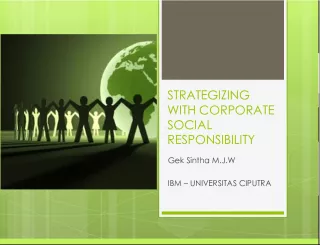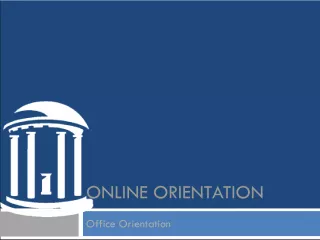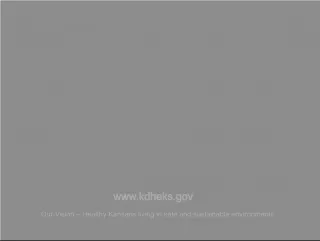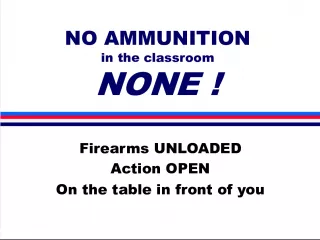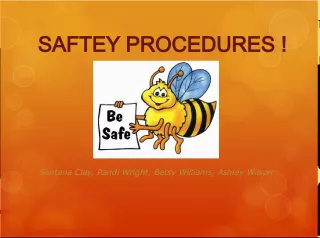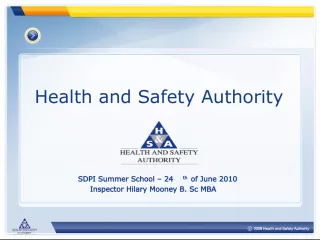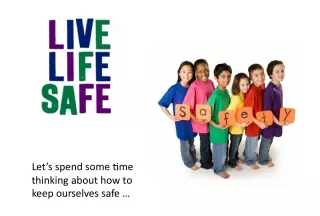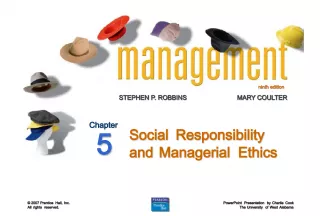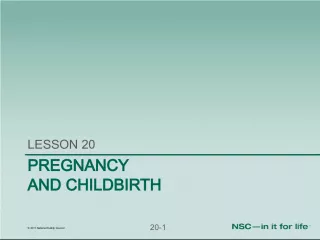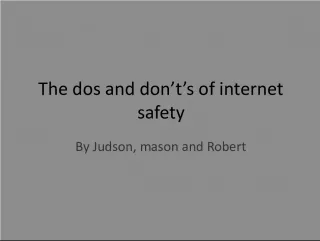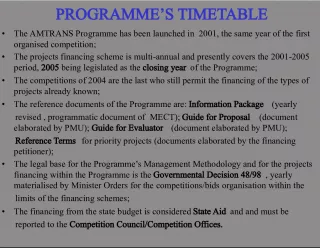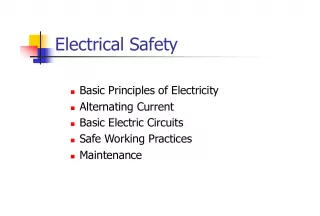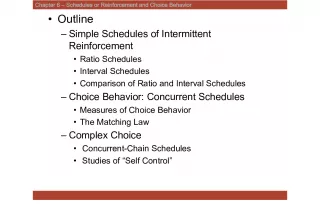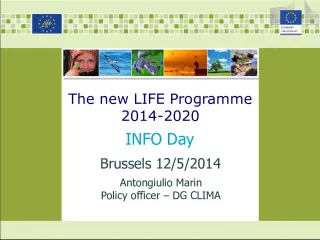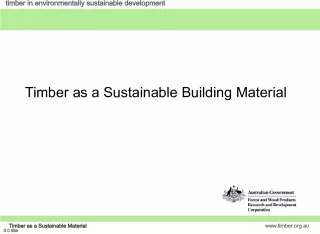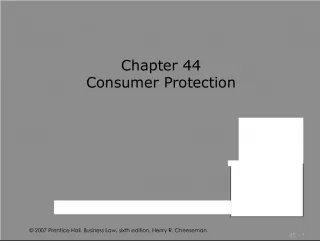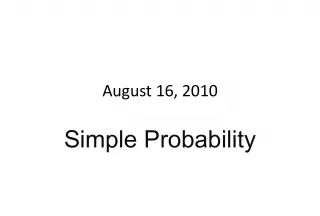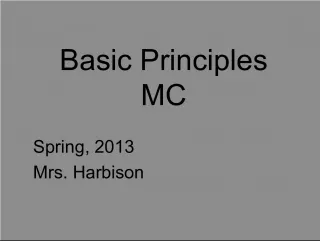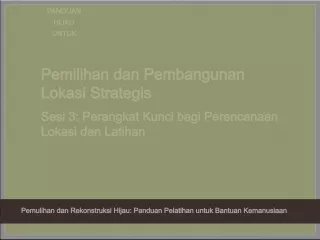Safe by Choice: Promoting a Sustainable BBS Programme for Safety and Responsibility
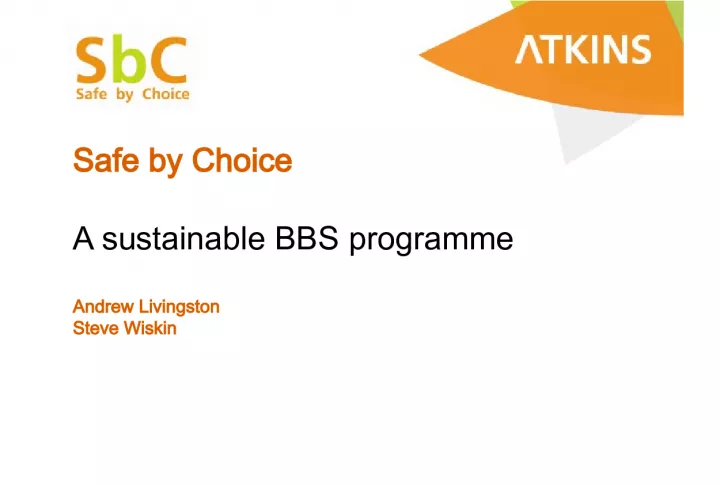

Safe by Choice is a comprehensive BBS programme that aims to embed safety as everyone's responsibility. It trains staff and contractors to challenge unsafe behaviour and reinforce safe practices, while promoting a culture of reporting and continuous improvement.
- Uploaded on | 2 Views
-
 phoebezhang
phoebezhang
About Safe by Choice: Promoting a Sustainable BBS Programme for Safety and Responsibility
PowerPoint presentation about 'Safe by Choice: Promoting a Sustainable BBS Programme for Safety and Responsibility'. This presentation describes the topic on Safe by Choice is a comprehensive BBS programme that aims to embed safety as everyone's responsibility. It trains staff and contractors to challenge unsafe behaviour and reinforce safe practices, while promoting a culture of reporting and continuous improvement.. The key topics included in this slideshow are . Download this presentation absolutely free.
Presentation Transcript
1. Safe by Choice A sustainable BBS programme Andrew Livingston Steve Wiskin
2. Aims of Safe by Choice • Introduced in 2007 to promote an awareness that safety is everyone’s responsibility. SSoW alone are insufficient • To train staff and contractors how to constructively and confidently challenge unsafe behaviour and reinforce safe behaviour • To weave SbC into the fabric of our business to ensure SHE management is driven by our people • Close Call reporting is a key element of SbC • “Safety is delivered by people not paper”
3. • Courses developed for target audience profiles • DRA a key element • Importance attached to Close Call reporting • High risk groups prioritised in training programme Developing Influence Overview Key Influencers SbC Training Programme Safety Leadership
4. Some Fundamentals 30 A Behaviour C What influences what we do ? 20% 80%
5. Unsafe Behaviours • Bad Habits & Violations
6. Bird’s Triangle Consequences Lack of consequences reinforce the attitude that: “It won’t happen to me”. Loss Loss Close calls Close calls Unsafe Behaviour Unsafe Behaviour
7. ‘Close Call’ Reporting Many unsafe behaviours are routine violations - HABITS Many unsafe behaviours are routine violations - HABITS ‘Close Call’ reporting can help identify unsafe behaviours ‘Close Call’ reporting can help identify unsafe behaviours We can then focus on creating safe habits We can then focus on creating safe habits Operating a fair reporting culture Operating a fair reporting culture
8. SbC Support Structure & Enablers • Nominated SbC Champion and support staff • Role Profile for Key Influencer (KI) part of BMS and KI performance included in PDRs. • Ongoing mentoring of KIs and coaching forum/objectives setting • Behavioural analysis is key part of investigations • SbC conversations part of Director Safety Tour programme • SHE Committee and Marketing Dept involved in continually developing and promoting SbC
9. Supply Chain Engagement • All safety critical labour suppliers briefed and supported • Joint training and not for profit in-house contractor courses delivered • Over half our Close Calls are now reported by contractors • Annual Supplier Safety Forum and SbC award • Leading KPIs collected on contractor buy-in • Duty of cooperation is sometimes tested by investigations • Culture change is key to sharing lessons learnt and good practice
10. SbC impact Performance Time Minimum requirements Discretionary requirements “Want-to” curve “Have-to” curve
11. A Sustainable & Evolving Programme • Feedback and progressing actions from Close Calls is essential • Robust investigation for high potential events (ABC analysis) • Supply chain engagement in ongoing programme • Client engagement – merits to different BBS programmes and Close Call systems, the key is cooperation and sharing lessons learnt • Beyond Close Call reporting – immediacy, ownership & action • Safety by Design embedded within our SbC programme
12. SbC & Safe by Design • CDM is not new! Systems, procedures and techniques are not enough • Technical Close Call reporting and investigation promoted to increase understanding of how design impacts safety downstream – Confidential Reporting on Structural Safety (CROSS) introduced in 2005 • Engaging with our construction partners to help early identification of problems in temporary works • SbC engagement with designers, engineers and architects!
14. SbC Awards Winner 2011 Winner 2011 • Highly Recommended in the Network Rail Partnership Awards 2011
